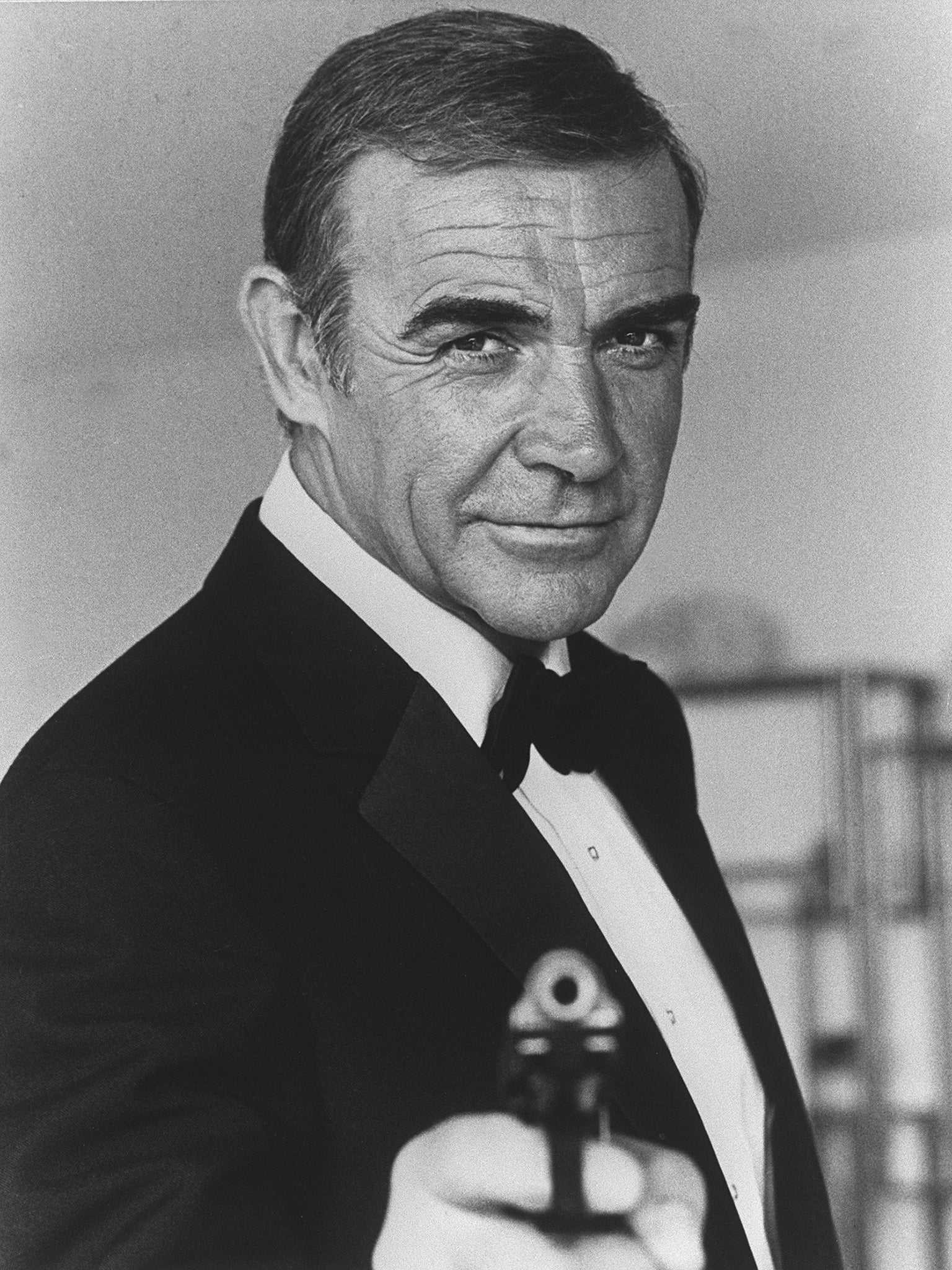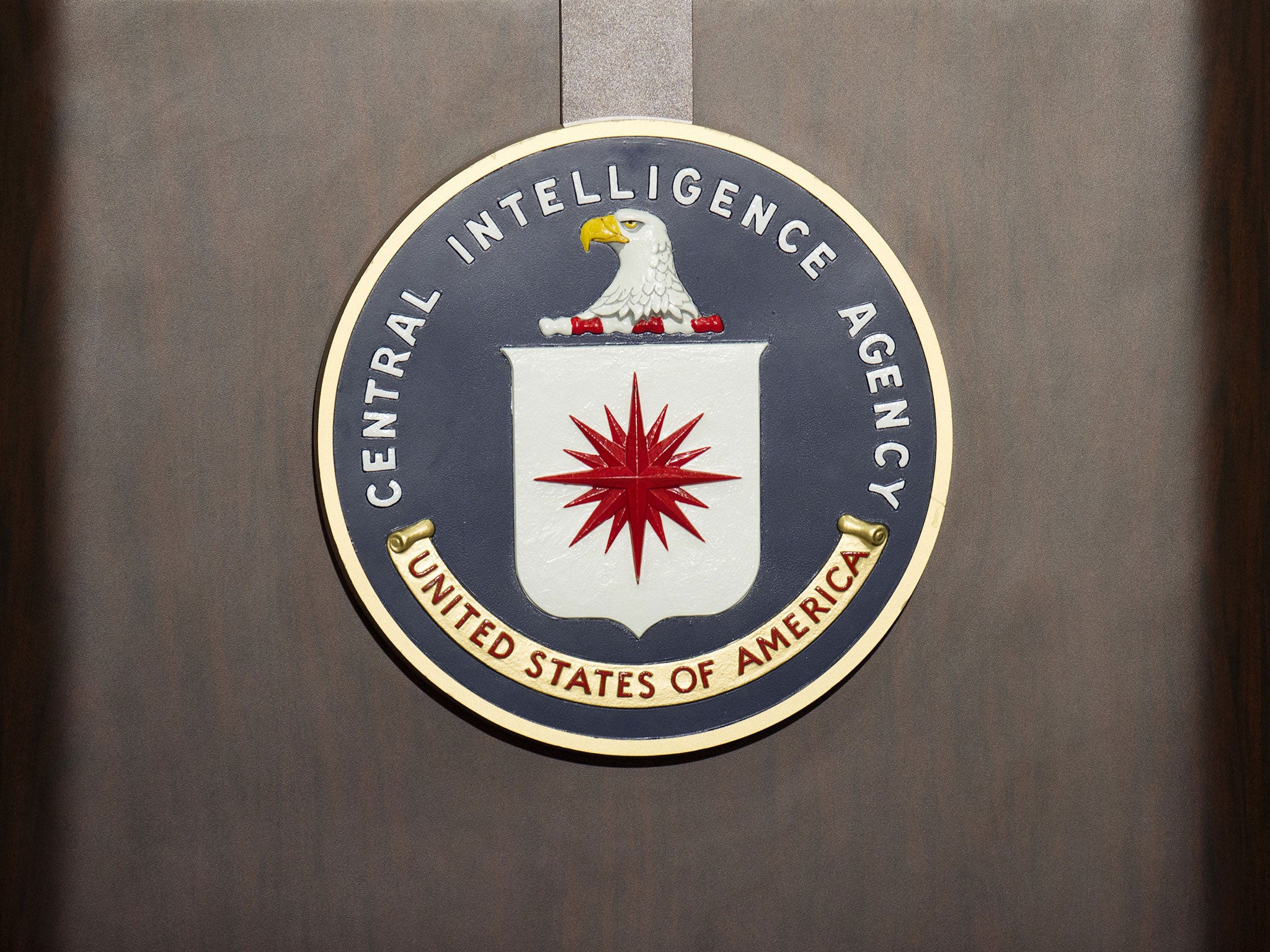Don't drink and do remember your bribes: The CIA guide to how to travel like James Bond
Leaked document holds much good advice for frequent fliers

Take it easy at the Christmas party if you plan to fly the next day. According to the CIA’s secret travel guide for spies, travellers with “shaking or trembling hands, rapid breathing for no apparent reason, cold sweats, pulsating carotid arteries, a flushed face, and avoidance of eye contact” will arouse suspicion.
That is one of the hundreds of tips from the latest Wikileaks online revelation: a 14-page document called Surviving Secondary: An Identity Threat Assessment of Secondary Screening Procedures at International Airports.
The guide was produced at CIA headquarters in Langley, Virginia by the organisation’s Identity and Travel Intelligence staff. Its mission: to tell CIA staff travelling with false papers on covert operations how to avoid being singled out for extra attention at airports. But the contents inadvertently also provide advice for hard-pressed frequent flyers keen to reduce hassle.
Most international travellers pass through airport formalities without a problem. But individuals whose background, behaviour or baggage is unusual may be selected for the behind-closed-doors interrogation known as secondary screening.

“Secondary” can vary from a forensic examination of a traveller, their motives and their possessions to a clumsy shakedown aimed at extracting a bribe. Whether you are a CIA operative or merely a stressed business traveller or holidaymaker, it is best avoided.
Even before boarding the flight, the careful traveller will take care not to arouse suspicion. Security agencies routinely scan passenger lists looking for people of interest. Manifests for Czech Airlines flights departing Prague airport are scrutinised for “ticket purchase anomalies” such as buying one-way tickets in cash just before travel. Across the border in Hungary, officials of the Special Service for National Security look for “carelessly packed baggage” belong to passengers purportedly travelling on business.
Langley’s travel advisers warn against inappropriate dress, citing the example of a scruffy CIA spy picked up for secondary screening while changing planes at an unnamed European airport: “Overly casual dress inconsistent with being a diplomatic passport holder may have prompted the referral.”
If and when you touch down, your problems may only just be beginning. Spies are assured that: “Immigration inspectors conducting primary screenings generally lack the time and tools to conduct in-depth examination”, with border staff at Amsterdam airport ordered to spend no more than 10 seconds evaluating each passport. But there are exceptions. At Bahrain airport, undercover officers belonging to the National Security Agency scan the arrivals lounge for travellers who appear to be nervous.
In Bulgaria, the pantomime chant “behind you!” applies: border police at Bourgas airport watch from the back of the passport queue for passengers behaving suspiciously.
The CIA document also reveals the extent of passenger profiling: in Israel all “military-aged males traveling alone with backpacks” are routinely apprehended for secondary screening. At Tokyo’s main international gateway, Narita, Japanese officials pay attention to young Westerners travelling alone - especially if they appear to be studying the customs inspection process while waiting in line. They are assumed to be “attempting to smuggle drugs or other contraband”.
Anyone arriving in Tehran with “videos or photographs of protests or other opposition activity” can expect a comprehensive search of laptop computers and other electronics. At Addis Ababa airport in Ethiopia, secondary screening includes “an examination of pocket litter”.

In neighbouring Somalia, officialdom is said to be motivated by self-interest rather than national interest. According to “clandestine reporting from a source with secondhand access”, the manager of Mogadishu airport habitually selects “at least one passenger from each flight for secondary inspection, accusing the passenger of illegal activity, and forcing the passenger to pay a bribe for release”. And at Chittagong airport in Bangladesh: “Tourist-passport holders are frequently subject to secondary questioning lasting an hour until a $50 bribe is paid.”
It remains to be seen if the Foreign Office will include some of these valuable tips in the travel advice it publishes for tourists.
Join our commenting forum
Join thought-provoking conversations, follow other Independent readers and see their replies
Comments
Bookmark popover
Removed from bookmarks